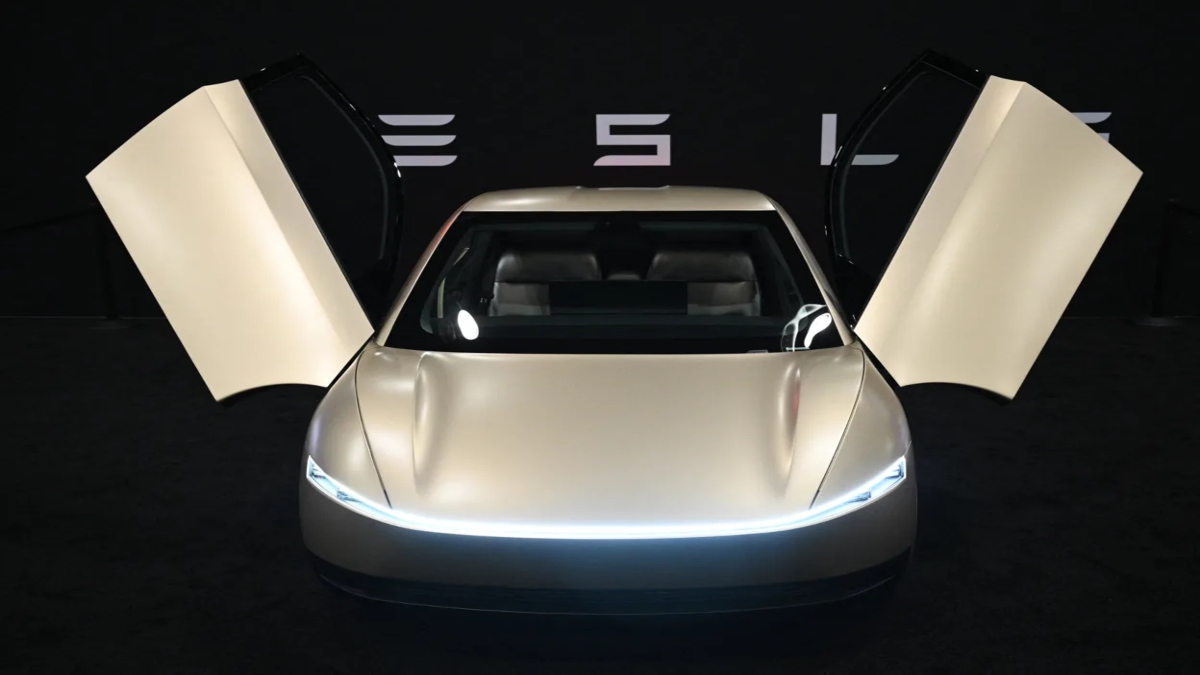Tesla’s misfortunes continue as the EV-making company reported a record decrease in sales from last year, as CEO Elon Musk’s image takes a hit with his involvement in US politics, and a massive competition in the industry plunges the manufacturer’s reputation.
Tesla reported sales of 384,122 cars for the quarter, a decline of nearly 60,000 units, or 13.5 per cent, compared to the same period last year. This marks the largest year-over-year sales drop in the company’s history. However, the total is up 14.1 per cent from the first quarter.
The poor showing comes after Tesla’s billionaire CEO had promised a “major rebound” was coming last month, adding to a recent buying frenzy among investors.
The automaker now needs to deliver over one million vehicles in the typically strong second half to avoid another annual sales decline, a task that some analysts say could prove difficult due to tariff-driven economic uncertainty and threats to phase out key EV incentives under the Trump administration’s sweeping tax bill, including the $7,500 credit on new sales and leases.
Musk’s political involvement, particularly his connection to the Trump administration, has sparked protests at Tesla showrooms across the US and Europe, along with several incidents of vandalism targeting its vehicles and facilities.
In Europe, Tesla’s sales slumped for the fifth month in a row in May, causing jitters among investors who had hoped anger towards the company’s CEO would have gone down by now.
Data by the European Automobile Manufacturers’ Association shows that Tesla sales fell by 28 per cent last month in 30 European countries, even as the overall market for electric vehicles expanded sharply.
Impact Shorts
More ShortsWhile Tesla has leaned on offers such as low-cost financing to boost demand, it has yet to roll out long-promised cheaper models in a market where snazzy and feature-packed EVs from its Chinese rivals have been winning over buyers.
Analysts attribute Tesla’s struggles to growing competition from Chinese brands, EU tariffs on Chinese EVs, and consumer backlash against CEO Elon Musk’s political affiliations and activism in Europe.
With inputs from agencies


)

)
)
)
)
)
)
)
)



